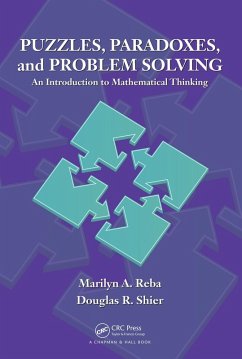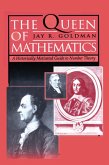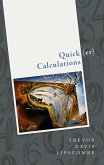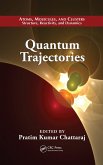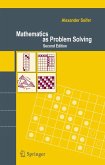Designed for undergraduate students in liberal arts mathematics courses, this text uses puzzles and paradoxes to introduce basic principles of mathematical thought. Decision-making situations that progress from recreational problems to important contemporary applications develop the critical-thinking skills of non-science and non-technical majors. The book covers graphs, logic, probability, voting, and cryptography. It uses a core set of representations, strategies, and algorithms to analyze diverse games, puzzles, and applications. This unified treatment logically connects the topics with a recurring set of solution approaches.
Dieser Download kann aus rechtlichen Gründen nur mit Rechnungsadresse in A, B, BG, CY, CZ, D, DK, EW, E, FIN, F, GR, HR, H, IRL, I, LT, L, LR, M, NL, PL, P, R, S, SLO, SK ausgeliefert werden.

